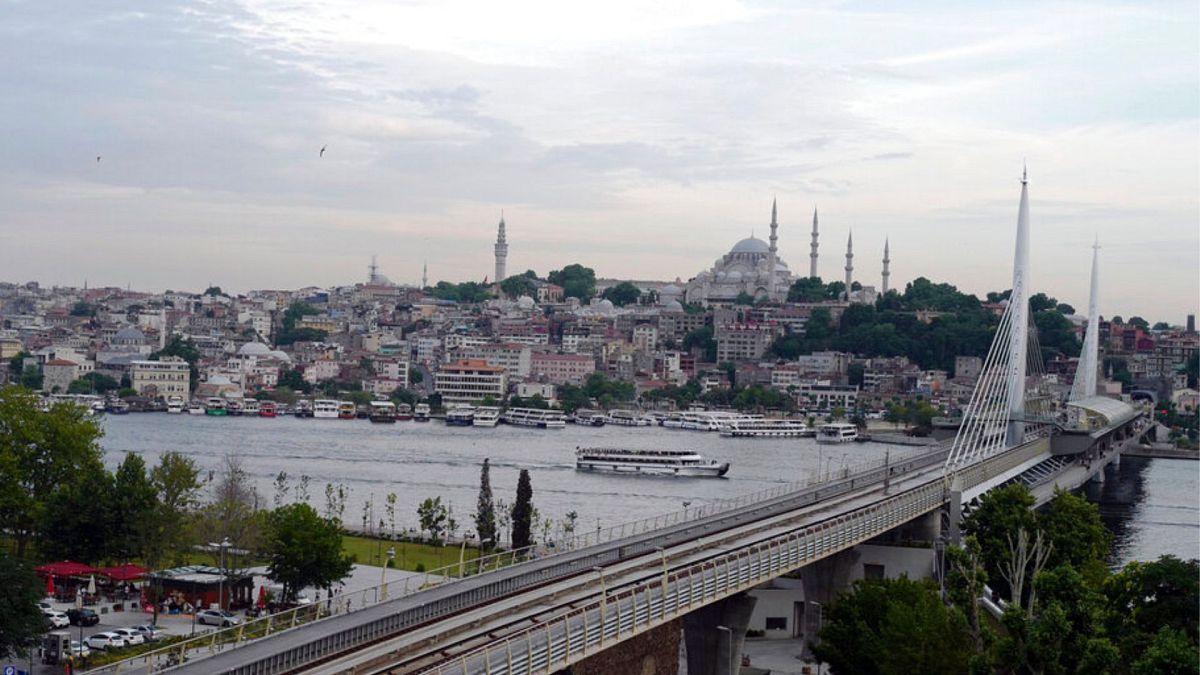This Was a Great Week for American Diplomacy
President Biden’s trip to Europe this week produced some of America’s biggest diplomatic triumphs in years. Yet news reports were mixed, with the harrumphing led by this New York Times headline: “Despite Successes at NATO Summit, Divisions Remain.”
This from a summit where Turkey finally (and, to most observers, surprisingly) relented to Sweden’s bid for NATO membership; the alliance members created a NATO-Ukraine Council, which President Volodymyr Zelensky attended; the G7 nations agreed to massive long-term security assistance to Kyiv; Germany and others swelled their lists of heavy weapons to be exported to the Ukraine army; and all the NATO nations revised their long-stated pledges to spend 2 percent of their GDP on defense from a “target” to a “minimum.”
No NATO summit in recent memory has accomplished so much, and with almost no controversy.
There was one moment of rancor: Zelensky threw a fit upon learning that the Western leaders would not set a timetable for his country’s ascension to NATO membership. But really, this was never in the cards; the many reasons why had been explained to him repeatedly. And while his frustration is understandable, given the (unsurprisingly) slow pace of his army’s counteroffensive against Russian fortifications, he risked fostering an impression of disunity—the sort of impression bound to spark something like the Times headline—over a wish that had no chance of being satisfied, and for good reasons.
In any case, Zelensky quickly dropped his sour mood and thanked the NATO members for their stalwart support. Even so, this one unpleasant moment hardly reflected “divisions” within the alliance, as none of NATO’s leaders called for Ukraine’s ascension to membership now (or by any specific date). The only frustrated people quoted by the Times’ very able reporter, Steven Erlanger (who almost certainly did not write the headline), were former diplomats with no connections to current officials.
Before leaving for Europe, Biden laid out some, though far from all, of the reasons why now is not the time for Ukraine to join NATO or even for NATO to set a schedule. First, by the rules of the alliance, a nation can’t join unless its borders are secure (the members need to know exactly what they’re committing to defend, after all), and Ukraine’s borders are very much in flux. Second, nations must meet certain standards of anti-corruption, which Ukraine doesn’t quite, as yet.
Third, and most crucial: If Ukraine were to join now, then the other NATO countries would be committed, under Article 5 (an attack on one member must be treated as an attack on all) to send their troops and weapons to fight against Russia directly—in other words, to start World War III—and that’s something that Biden and the other leaders say they don’t want to do. As for setting a timetable, this would be at least imprudent. No one knows how this war will end, but there will probably be some sort of diplomatic settlement, and Ukraine’s status in or out of NATO may be a part, perhaps as a bargaining chip. (For instance, if the war goes badly, Kyiv may let Russia keep a sliver of Donbas territory in exchange for Ukrainian membership in NATO, or it may allow no Russian gains in exchange for some security arrangement that doesn’t involve NATO.) In any case, it is not in Ukraine’s interest to lock membership in now.
In the summit’s official communiqué, the members noted: “We will be in a position to extend an invitation to Ukraine to join the Alliance when Allies agree and conditions are met.” Some have derided this language as vapid and noncommittal, but they ignore an important bit of context. Earlier in that paragraph, the communiqué states: “We recognize that Ukraine’s path to full Euro-Atlantic integration has moved beyond the need for the Membership Action Plan (MAP).” This action plan, which other new members have had to endure, can involve months or even years of international and bureaucratic wrangling. The objectionable phrase actually signals a shortcut: No MAP will be necessary; Ukraine will be admitted when the allies agree to admit it. (Unanimous agreement is a prerequisite for all aspiring members, as Sweden discovered when Turkey held up its application until a few days ago.)
The significance of Turkey’s agreement cannot be understated. It not only opens the path for Sweden’s membership in NATO, which widens the alliance and especially bolsters the defenses of the tiny Baltic nations, but also signals an end to Turkey’s once bourgeoning and very concerning relationship—military and economic—with Russia.
Turkish President Recep Tayyip Erdoğan had unilaterally blocked Sweden’s bid for several months, criticizing Stockholm’s support for Kurdish groups that he regards as terrorist. Shortly before leaving for Europe, Biden expressed confidence that Erdoğan would drop his demand. The day before the summit started, Erdoğan and Swedish Prime Minister Ulf Kristersson announced they had reached an agreement allowing NATO membership. The precise terms of the deal aren’t known, though a few days earlier, Sweden jailed a Kurdish man for attempting to finance terrorist groups. Biden also agreed to sell Turkey F-16 jets, which Erdoğan has long desired.
Zelensky’s brief outburst at the summit was a rare impolitic move, perhaps his first on the global stage since demanding a NATO no-fly zone early on in the war—a policy that would have required NATO nations to shoot down Russian fighter jets that flew over Ukrainian territory. In both instances, Zelensky backed off—gradually in the kerfuffle last year, almost instantly at this week’s summit.
Except for that, the meeting saw no rancor whatsoever. In concluding the summit on Wednesday, NATO Secretary General Jens Stoltenberg said that the alliance “is more united than ever.” It may have sounded like a cliché, but it was true.


/cloudfront-us-east-2.images.arcpublishing.com/reuters/ASPNBCHV4NM7JB6WWGPJRFRIZM.jpg)

